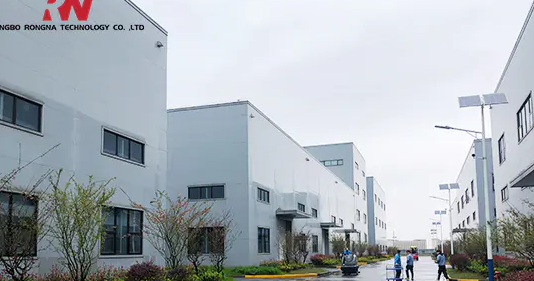Injection molding is a widely used manufacturing process for producing parts and products from thermoplastics. Thermoplastics are a type of polymer that can be melted and reshaped multiple times without undergoing any significant chemical change. They are commonly used in injection molding due to their excellent properties and processability. Here are some applications and uses of injection molding thermoplastics:
Automotive Industry: Injection molding thermoplastics find extensive use in the automotive industry for manufacturing various components such as bumpers, interior trims, dashboards, door panels, electrical connectors, and engine parts. Thermoplastics like polypropylene (PP), acrylonitrile butadiene styrene (ABS), and polycarbonate (PC) are commonly used for these applications due to their strength, impact resistance, and heat resistance.
Consumer Goods: Many everyday consumer products are manufactured using injection molding thermoplastics. Items such as plastic containers, toys, kitchen utensils, electronic device housings, and cosmetic packaging are commonly made from materials like polyethylene (PE), polypropylene (PP), and polystyrene (PS). These thermoplastics offer versatility, good surface finish, and cost-effectiveness.
Medical Devices: Injection molding is widely used in the medical industry for producing various devices and components such as syringes, IV components, medical equipment housings, and surgical instruments. Thermoplastics like polycarbonate (PC), polypropylene (PP), and polyethylene (PE) are frequently used due to their biocompatibility, sterilizability, and chemical resistance.
Electronics: Injection molding thermoplastics play a vital role in the electronics industry. They are used to manufacture components such as connectors, switches, casings, and insulators. Materials like polycarbonate (PC), polypropylene (PP), and polybutylene terephthalate (PBT) are commonly used for their electrical insulation properties, dimensional stability, and flame resistance.
Packaging: Injection molding thermoplastics are extensively used in the packaging industry for producing bottles, caps, closures, and containers. Materials like polyethylene terephthalate (PET), polypropylene (PP), and high-density polyethylene (HDPE) are popular choices due to their clarity, durability, and barrier properties.
Aerospace Industry: Injection molding thermoplastics are used in the aerospace industry for manufacturing various components such as interior panels, brackets, ducts, and housings. Materials like polyetheretherketone (PEEK), polyetherimide (PEI), and polyphenylene sulfide (PPS) are commonly employed due to their high strength, temperature resistance, and chemical resistance.
Sports and Recreation: Many sports equipment and recreational products are manufactured using injection molding thermoplastics. Examples include helmets, protective gear, water bottles, handles, and grips. Thermoplastics such as ABS, polypropylene (PP), and polyethylene (PE) are used for their impact resistance, toughness, and lightweight properties.
These are just a few examples of the many applications and uses of injection molding thermoplastics. The choice of thermoplastic material depends on the specific requirements of the application, such as mechanical properties, chemical resistance, temperature resistance, and cost considerations.

